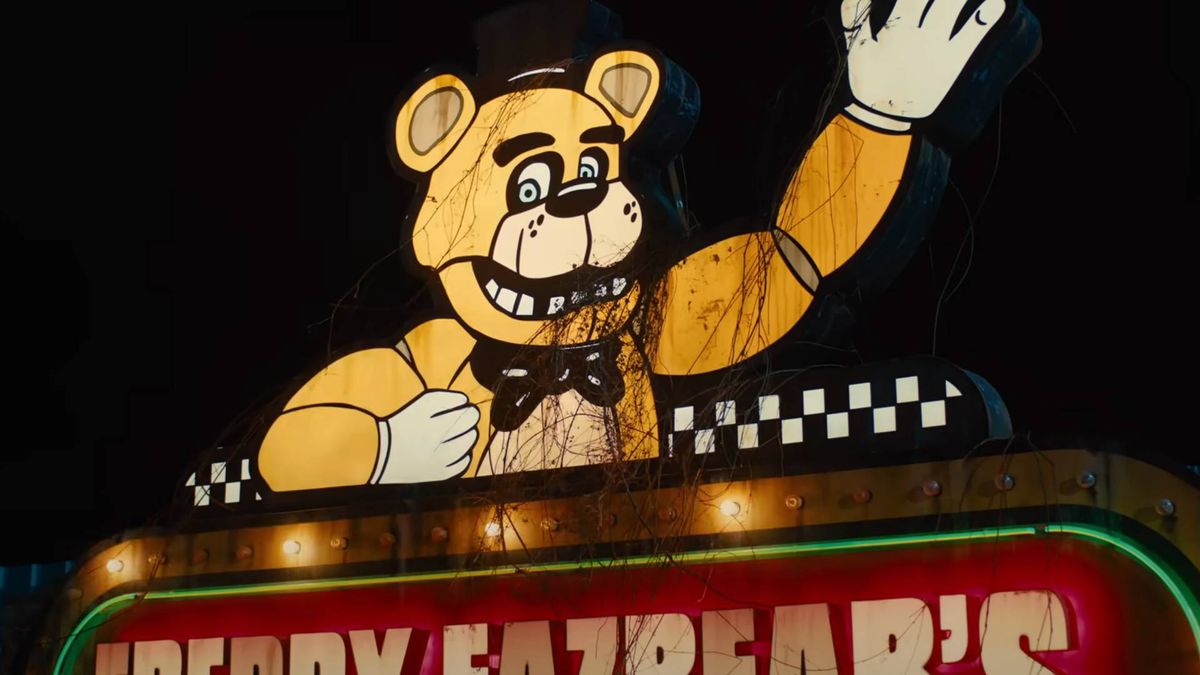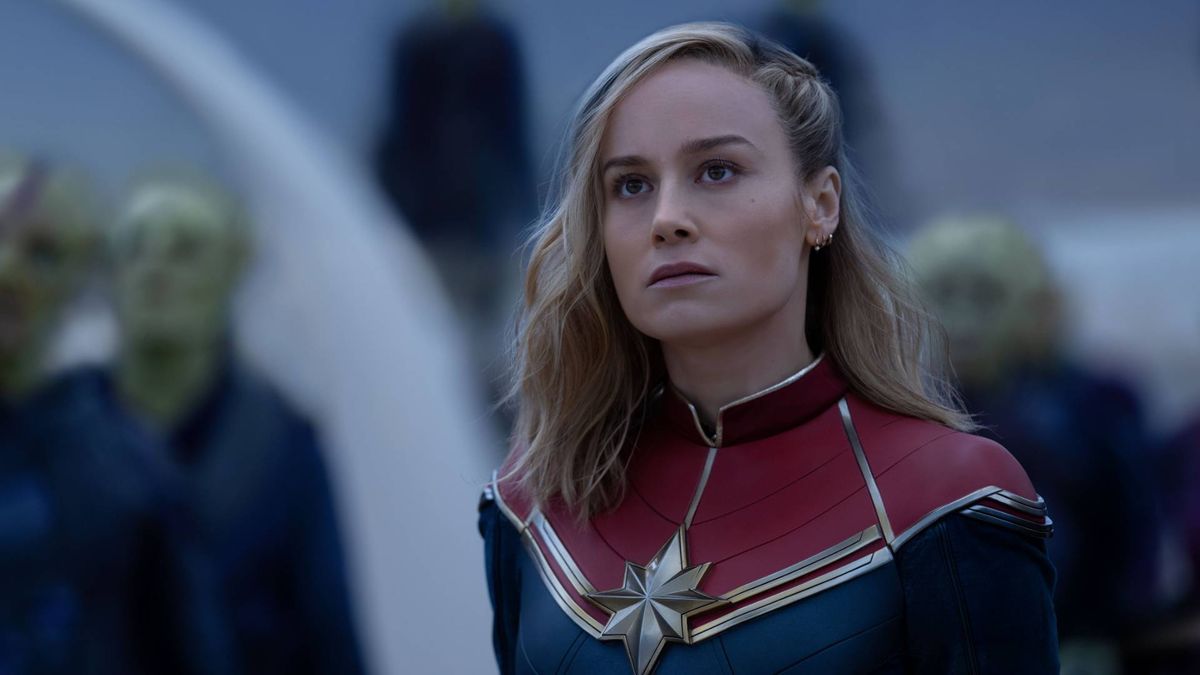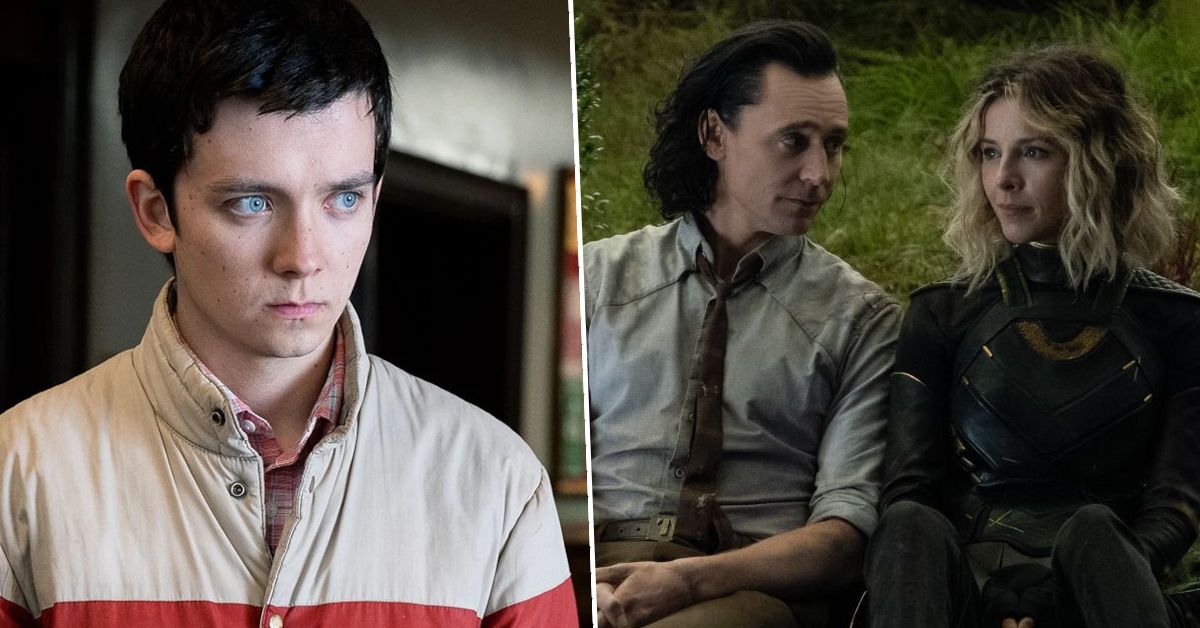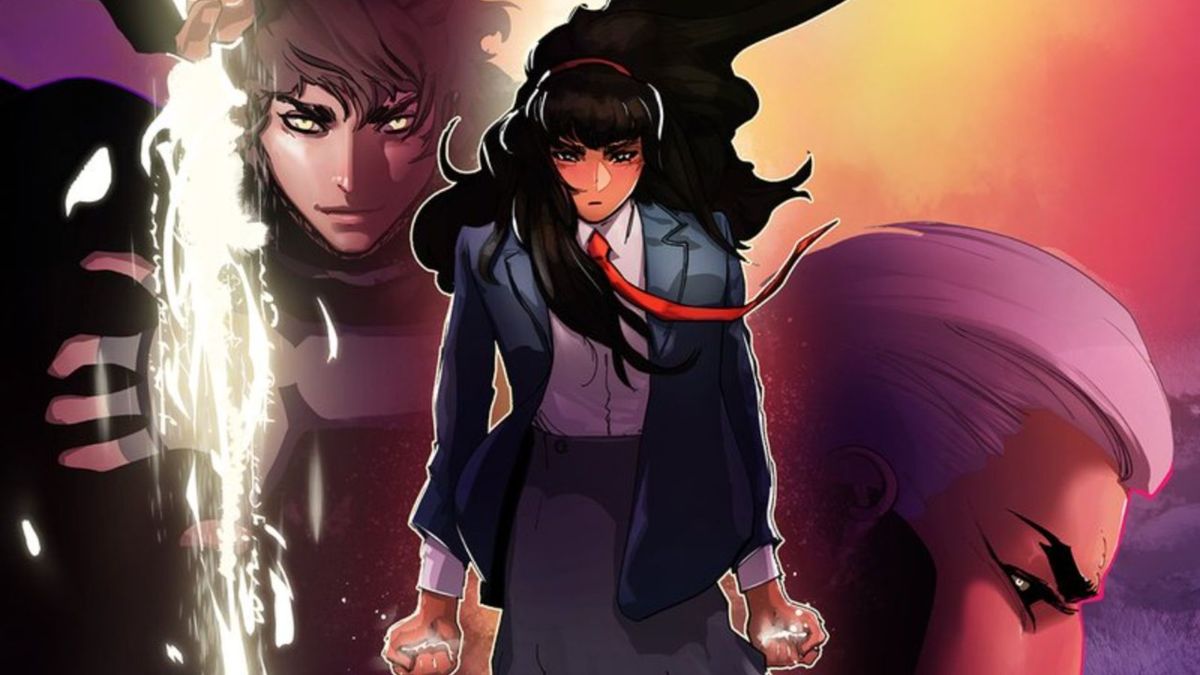There’s a belief commonly cited by both comic fans and their detractors: comic book readers are really passionate about their hobby.
And now that comic fans have an active voice on social media, that die-hard passion abounds — in a very public way.
In some cases, that passion has translated to visible anger, as the fans who support these characters have turned against the companies who actually own and control those characters’ stories. Comic book fans have made it clear that they want to protect the characters and universes they love — even if they don’t actually own them.
But is that sense of ownership stronger in the comic industry than in other fan groups? Why? And what does that passionate fandom really mean to the comic book industry and, by extension, the movies and other entertainment that spin out of it?
Newsarama is looking at the passion and sense of ownership fans feel toward comic books and characters, and whether what they say makes a difference in the direction this industry takes.
Sense of Ownership

By just casually observation of any fandom, it’s obvious there’s a strong sense of character loyalty among people who follow popular science fiction and fantasy stories. From Harry Potter readers to self-proclaimed ‘Trekkers’ who love Star Trek, these groups feel a strong attachment to the characters they follow.
And comics are no exception.
“Attaching yourself to a character means you want to share their story,” says Louise Krasniewicz, an anthropologist and lecturer for the University of Pennsylvania who studies fan culture. “You want to enter their world and see what happens. It is more like being alongside them as a buddy. You don’t walk in their shoes but rather in their shadow, quietly, as they live in their alternative world.”
Yet Krasniewicz said that attachment to characters can cause some fans to have a sense of ownership over how that world is treated. She said there are some hardcore fans who can get very upset if changes are made to the characters they love.
“You think [the world of the story] works one way, but then it’s changed or twisted by a publisher another way, without having a bridge that can lead you to the new world,” Krasniewicz says. “Some of these shifts are done so boldly or weirdly that fans can be stunned and lost in their own alternative universes.”
Tom Brevoort, senior vice president at Marvel Comics, says he believes that comic fans have an even more fervent sense of ownership toward their beloved characters than most other groups.
Why? One reason is that comics are so consistent, and have existed for so long.
“We’re serial fiction,” Brevoort says. “We come out every month, as opposed to films, where there might be a sequel two or three years later, and another sequel after that, two or three years later. Or even television shows, which also build up that same kind of viewer loyalty, but tend to run four seasons or five seasons, six seasons, and then be done. And maybe five years later, 10 years later, or 20 years later, somebody will come and do a remake or a sequel or something.
“But we’re there consistently,” he says. “For all the big comic book icon properties, you’re talking about things that, in one way, shape or form, have been published relatively continuously almost for 70 years. So that, I think, is different.”
Krasniewicz said she has experienced first-hand the type of unique sense of ownership comic fans feel.
“I remember years ago being at a Green Lantern session at Comic-Con International: San Diego, in which the authors of the new series were confronted by bewildered and angry fans who pointed out endless inconsistencies between the old series and the new,” she says. “My companions and I – none of whom read Green Lantern; we were waiting to see Ray Bradbury – were hysterical with laughter, but these guys were deadly serious about their feelings.”
Stan Lee’s Legacy

Brevoort says the sense of ownership that comic fans feel is actually something that has been encouraged over the years — probably starting with Stan Lee’s tenure as an executive at Marvel.
“The ‘ownership’ and involvement on the part of the readership has been generated,” Brevoort says. “That was really part of the secret of what made Stan’s Marvel Comics so engaging and enthralling to the audience of the day. It was part of his philosophy.”
The Marvel executive said it continues to be part of his company’s philosophy, even years after the end of Lee’s time with the company, and even though Marvel is now owned by Disney.
“And it’s not just Marvel,” he says. “It has kind of spread out to be the philosophy of the comic book industry as a whole. We encourage our audience to want to be here, to want to stick around longer, and to feel really connected and involved in the lives of all of these characters. And to bond with them emotionally.”
But there’s a double-edged sword, the editor admits, because publishers get all the sales and reader loyalty associated with their sense of ownership, but they also get “the negatives.”
“Publishers encourage it, but sometimes it feels like it backfires, when things occur like people maybe not liking the next story you’re going to do, because it violates whatever elements of these characters or their past that they feel most strongly attached to,” he says.
But the fact is, Brevoort points out, fans do not own these characters, and if they stick around long enough as a reader, something that happens to their favorite character is going to be the opposite of what they want. And that’s when potential problems arise.
‘Ownership’ Negatives

Those problems come whenfans feel entitled to either participate, be consulted, or be heard when publishers make changes to iconic characters. As Brevoort describes it, there is a sub-set of fans who believe their long-time loyalty as consumers earns them the right to voice their opinions to the people who control what happens in the stories about those characters.
Joe Field, former president of the retailing organization ComicsPRO and owner of Flying Colors Comics in Concord, California, says he thinks the sense of ownership tends to only arise when fans see something they don’t like.
“I think what it comes down to is fans want to feel like they own the characters when something they don’t like happens to them,” Field says. “And they’re happy to not have that ownership when things are going the way they wanted.
“For the most part, the people who are enjoying reading whatever character or title that is out there don’t say anything about it,” Field says. “But there is the internet age mentality that when you want to complain, you do it loudly. And that’s where that sort of ‘sense of ownership’ comes from. The complainers tend to be louder, and they tend to have a worldwide web of influence – or of potential readership anyway – who hear their complaints.”
The late Dennis O’Neil, a writer and editor for DC and Marvel during the ’70s, ’80s and ’90s, told us in 2011 that he was “glad” he wasn’t around for the negative feedback that editors often get on the internet. Yet he said he also experienced the “sense of ownership” that fans had over characters. “That was probably the biggest challenge in doing that job,” he said.
O’Neil said tht DC allowed that ownership to go one step further when he and other DC executives decided to allow fans to vote whether a character should be killed.
Jason Todd, the Robin back then, was somebody the fans just didn’t take to,” said O’Neil, who was an editor at the time. “Nothing was wrong with the character, really, but at that time in comics, fans didn’t respond to him well. And so we decided to let them control what happened to him.”
Yet Brevoort says it’s rare that fan sensibilities affect the direction publishers take with a character. While complaining by a “sub-set of fans” might be heard by publishers, it doesn’t really make a difference if the story in question has a positive sales number.
“We’ll judge things based on what the audience as a whole does,” he says. “If people are saying, ‘I hate this thing!’ but it sells buckets, chances are it’s not going to change. If they say, ‘We hate something and it sells nothing,’ then chances are it is going to change, because the end goal of everybody – Marvel, DC, Image, everybody – really is, at the end of the day, to sell books.”
But Brevoort says that doesn’t mean fans can’t take action to change what a publisher is planning to do with a character.
“The one example I can think of that illustrates what I’m talking about is Spider-Girl. That title was going to be canceled, and it only changed because of fans,” he says. “But that had less to do with the popular voice of that audience than it did that the fact that Spider-Girl fans who really loved and supported that title mobilized and got out in a very tangible way to affect the sell-through and the sales numbers on that title.
“Those guys were crazy fanatical and they were smart about how they went about it,” he said, pointing out that they even petitioned bookstores to stock the book on their shelves and promote it. “They affected the thing that affects us most of all, the bottom line.”
The editor says he suspects fans will “get angry at me, crying out that, ‘Oh, Brevoort says that we don’t matter!'”
“No,” he says, “it does matter. But what the fans do matters more than what they say.”
Ownership outside of comics

For over a decade now, many the top-grossing movies have often been based on comic book characters. And according to Brevoort, the film industry is still trying to figure out this “sense of ownership” that comic book fans feel toward their favorite characters.
“I don’t think they understand it fully, although I think they’re starting to understand it a little bit better,” Brevoort says. “But quite honestly, I’m not sure we always understand it in comics. And part of that is that every generation, the audience changes a little bit. Every year that goes by, you’re reflecting and reacting to popular culture. And popular culture changes and shifts. And what’s really super hot and popular in 2002 isn’t necessarily super hot and popular in the same way now. Tastes and trends and popular opinion changes, and the same thing is true in every sub-set and microcosm that you get.
“Movie studios have rarely had to deal with this sort of phenomenon, and the fact that the comic book audience — the hard-core audience — is so reactive,” he says.
Krasniewicz said that while comic book publishers can react to sales trends to see whether fans are enjoying a particular story about a character, movies cannot. So they have to take those voices more seriously.
“I think Hollywood is learning this lesson,” the anthropologist says. “They’re using comic conventions — San Diego and New York especially — to test their works with the fandom.
“They ignore the fandom at their own peril,” she adds. “We will rip you apart, tear you into pieces, and feed you to the dustbin if you toy with our worlds.”
Comic fan outrage is something we know a lot about.
[Editor’s note: This article was originally published in 2011.]
 Games News games, movies and TV you love.
Games News games, movies and TV you love.



